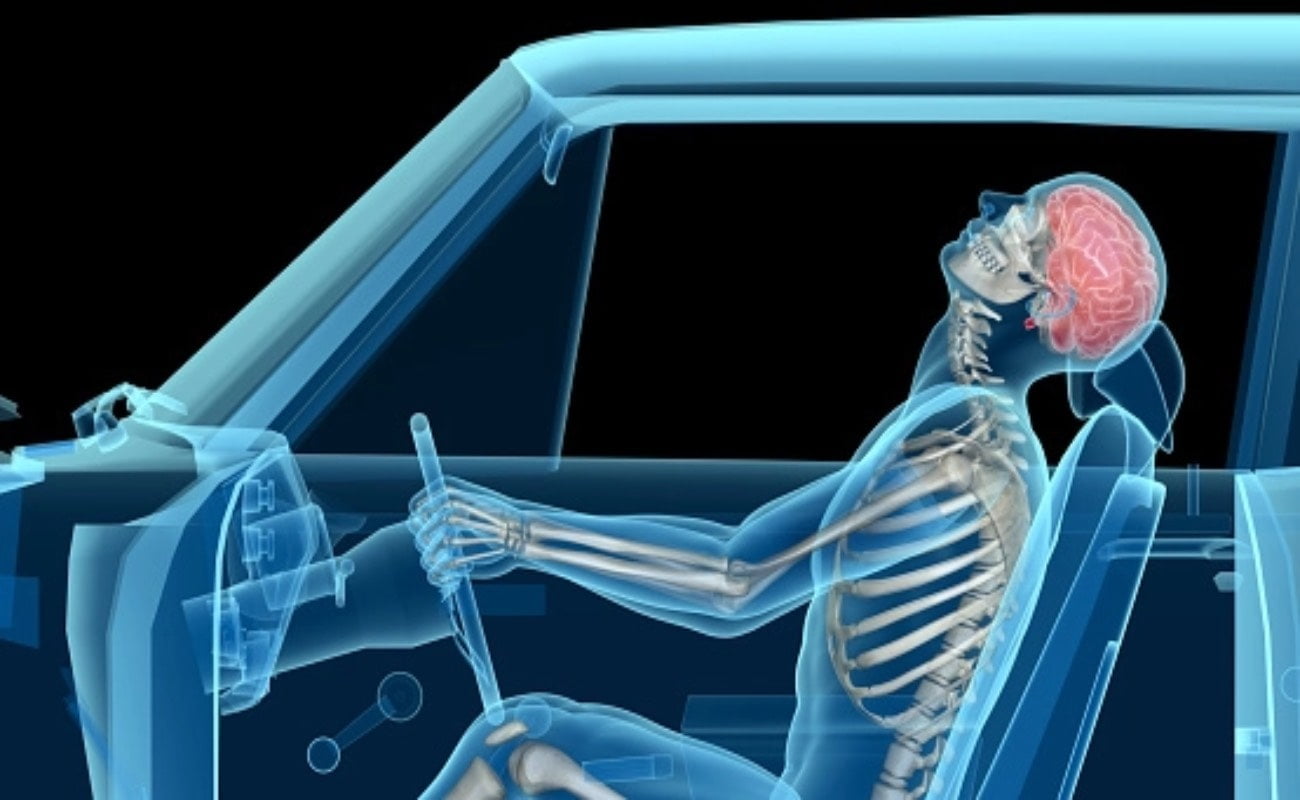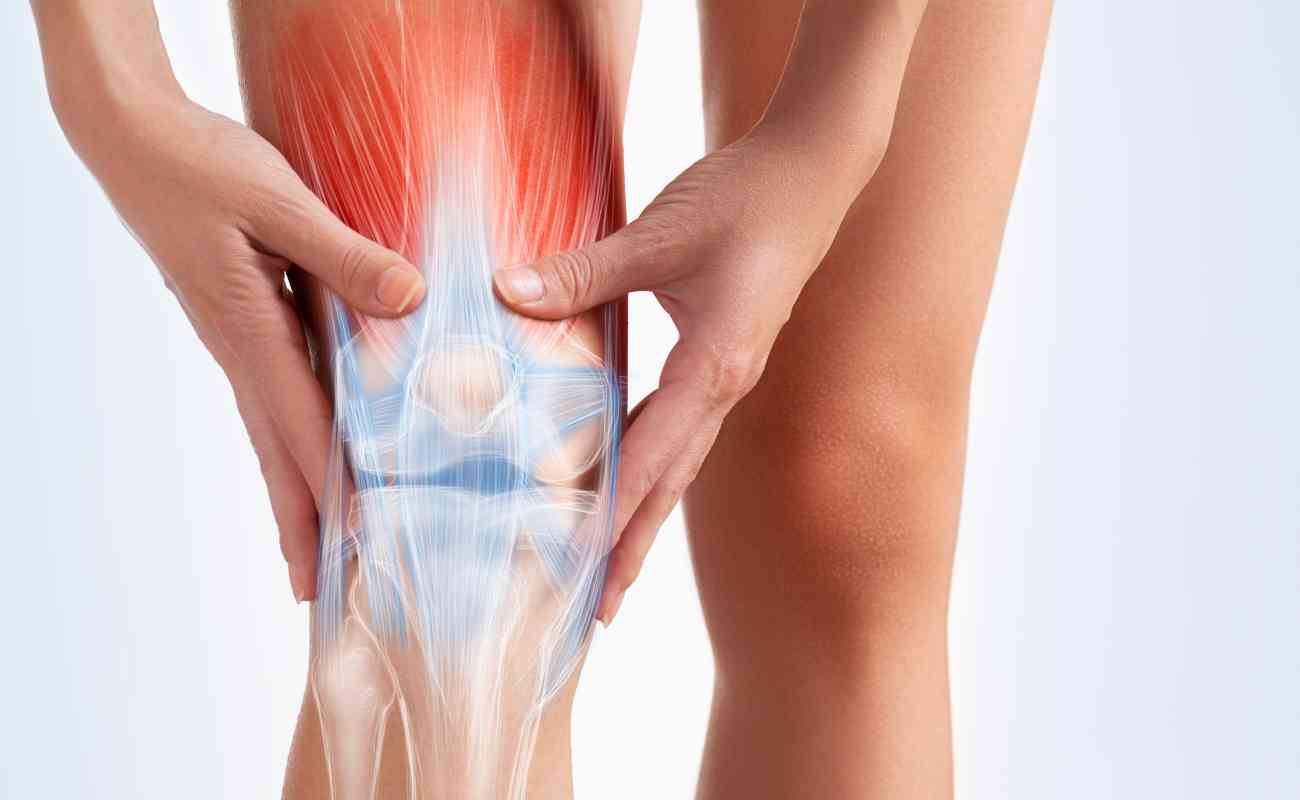
Whiplash and Motor Vehicle Accidents physiotherapy Mississauga
Whiplash
This is a type of neck injury caused by a rapid forceful back and forth movement of the neck commonly caused by rear-end motor vehicle accidents and can occur in other types of traumas. Whiplash can be commonly called a neck sprain (injury to ligaments) or neck strain (injury to muscles) around the neck. If attending physiotherapy appointments immediately after a motor vehicle accident patients diagnosed with whiplash will generally feel progressively better a few weeks after manual manipulation treatment and exercise. However, some patients can have chronic neck pain and longer lasting complications which is why it is very important that a physiotherapist assess an individual with whiplash so they can begin correcting posture and treating the injury to the neck, and other affecting ligaments, nerves or muscles.
Common Whiplash Symptoms
- Neck pain and stiffness
- Worsening pain with movement or rotation of the neck
- Reduced range of motion in the neck
- Headaches starting at the base of the skull
- Tenderness in the shoulders, arms and upper back
- Tingling and numbness in the arms
- Fatigue
- Dizziness
Other Symptoms Can include
- Blurred vision
- Ringing in the ears
- Sleep disturbances
- Memory problems
- Irritability
- Depression
- Difficulty Concentrating
The latter symptoms are commonly attributed to those who have been concussed during a motor vehicle accident as the forceful whipping of the head and neck can cause damage to the head possibly causing a minor or severe concussion.
Treatments For Whiplash
Immediately after the injury an ice pack can be administered to help reduce some of the inflammation and swelling it should be wrapped around the neck with a towel or barrier and held at the neck for 10-minute intervals. This will last for about 2 days of just icing the neck.
After icing the neck heat can be administered to relieve some of the aching and pain some individuals depending on the severity of their pain can take over the counter anti inflammatory pain medications but if the pain is too severe where ADL’s (activities of daily living) become hindered or impaired it is imperative that you seek a doctor for prescription medication and a requisition for to seek a physiotherapist.
Physiotherapy for Whiplash and Pain Management
Physiotherapists will use techniques such as massage and manual manipulation modalities to break up the scar tissue that is forming in the muscle also, other techniques such as laser therapy, and ultrasound are used in addition to the physiotherapists techniques to provide comfort and pain relief. Physiotherapists will also prescribe certain exercises to strengthen the neck and upper back muscles to help speed up the healing process.
Posture Control for Cervical Spine (Neck)
When given exercise to help correct posture the physiotherapist will use verbal, tactile and visual reinforcements to aid in helping the patient remember what the correct neck posture should be after whiplash and motor vehicle accidents. The physiotherapist will interpret the sensations of the muscle contractions that will be felt along with touch the muscles that must be activated and hold down the others that should be fixed in place. The use of mirrors is also very important so the patient can see how they look when completing said exercises the physiotherapist prescribed.
Some Exercises for Postural Control include
- Chin Tuck: Relaxing arms by side, place finger under the nose and upper lip and bring the chin into the spine while keeping a neutral head posture
- Scapular Retraction: Sitting or standing the physiotherapist will place their hand at the mid back between both shoulder blades and will as the patient to their hand and hold the position for a time period and relax
Management Guidelines for Cervical Spinal Injuries (Whiplash)
The physiotherapist will begin an initial assessment staring with educating the patient by engaging them to learn self management techniques and inform them of anticipated progress, and precautions. The physiotherapist will then decrease the acute symptoms the patient is feeling by doing massage, traction, modalities, manipulation and mobilization. Awareness and control is also very important the physiotherapist will train the patient the specific cervical and scapular motions. They will also demonstrate the correct postures through practice and movement by initiating neuromuscular activation and finally teaching safe performance activities of daily living.
Make sure you book your appointment today and get assessed by our physiotherapist now.




